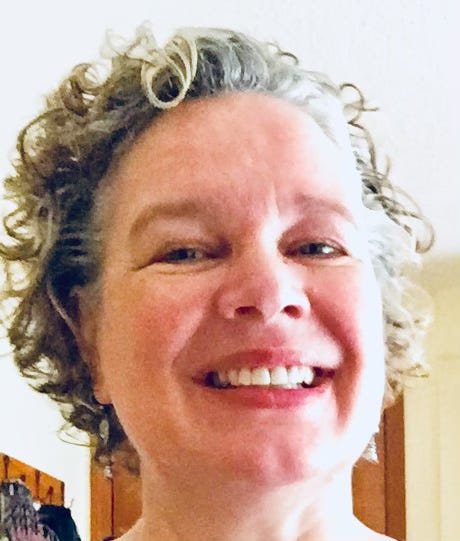Shannara Johnson
My life has been nothing if not adventurous, and I don’t regret any of it. Well, maybe a little, because had I known Jesus—the real Jesus—sooner, maybe I wouldn’t have wasted quite so much time trying to find myself.
For many years, I chased the elusive dream of perfect bliss, and I looked in all the wrong places: the glamor world of advertising, short-lived relationships, a city-girl lifestyle, and eventually, in the poisonous cotton candy realm of New Age spirituality.
My turbulent decades as a New Ager encompassed the good, the bad, and the ugly… from divine messages and miracles to real-life hauntings and other terrifying encounters with the enemy and his minions.
Thankfully, God was gracious enough to love me and protect me throughout that crazy comedy of errors, even during those times when my methods were, shall we say, rather dubious and I stupidly put myself in grave danger (physical and spiritual).
And finally, finally He cajoled me toward my forever home, the Catholic Church.
For a detailed account of my New Age life and early Catholic years (when I was still a phony), read “From New Age Witch to Catholic Convert.”
Then read the other “must-read” posts listed on my homepage in chronological order.
It’s been a wild ride, and it’s not over. I’m still constantly swept off my feet by the many graces He showers me with. And most of all, what a relief to have arrived in His shelter and sanctuary… at last.
I love you too, VatiGod, Jesus, and Holy Spirit!
P.S. Please support my work with a few dollars! Any amount is appreciated.





